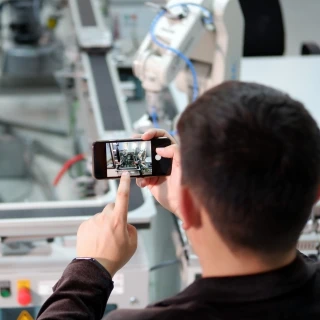From Industry 1.0 to 4.0
The first technology revolution, which began in Britain in the late 18th century, made mass production of materials like tin and copper possible by substituting human and animal power for just water and steam power. Finished products were manufactured by machines as opposed to being carefully made by hand. Assembly lines and the utilisation of gas, oil, and electricity were all introduced during the second technology revolution, which occurred a century later.
With the introduction of these new power sources and more sophisticated telephone and telegraph communications, manufacturing processes began to pivot towards automation and mass production. The third technological revolution, which started in the middle of the 20th century, improved production processes by incorporating computers, modern telecommunications, and data analysis. Programmable Logic Computers, which can help automate some operations, were first included in machinery as part of the digitisation of factories.
The fourth technology revolution, commonly known as Industry 4.0, is now underway. With the use of smart machines and factories, informed data enables the production of goods to be more productive and efficient throughout the value chain. Increased flexibility enables producers to leverage mass customisation to better satisfy client requests, eventually aiming to maximise efficiency with, in many circumstances, lot size one. A smart factory can achieve information transparency and better judgments by gathering more data from the production floor and merging it with other company operational data.
